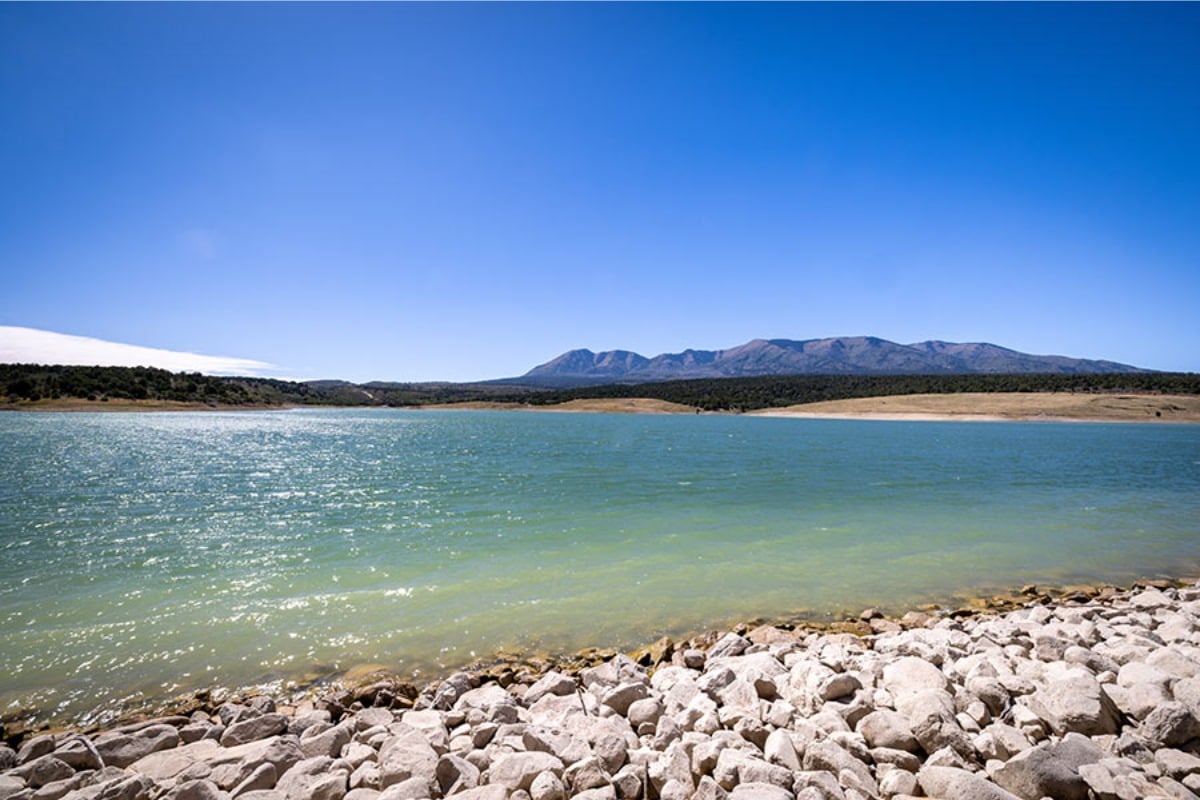Copyright hoodline

In what's shaping up to be a cautionary tale for "bucket biologists," the Utah Division of Wildlife Resources is urging the public to seriously desist from the illegal transfer of fish across water bodies, and that includes not dumping your unwanted Nemo into the nearest pond. According to the Utah Division of Wildlife Resources, a rogue introduction of smallmouth bass into Lloyds Lake, part of the Colorado River drainage, has muddied the waters, so to speak, and now the DWR is doubling down on enforcement and education. Not to easily rest on their laurels, DWR biologists, in their routine spring and fall surveys, discovered the unwelcome bass and have been quick to highlight why these moves are both illegal and damaging. Introducing non-native fish like these can lead to a range of problems - among them, the potential displacement of existing fish species, the spread of new diseases, and significant declines in water quality. And in case you missed the memo, Trina Hedrick, DWR's Sportfish Coordinator, emphasized, "Illegal fish species can prey on or outcompete other fish species, including sportfish, native fish, and endangered fish species." Let's not mince words: When Joe Angler takes it upon themselves to transport live fish willy-nilly or adopt the role of makeshift aquarium librarian by throwing their unwanted fish into the wild, it's not only a crime in Utah (punishable by a class A misdemeanor, folks) but it's also an ecological no-no of the highest order. "It is very expensive and takes a very long time - often requiring rotenone treatments that kill all the fish - to restore these waterbodies after fish have been illegally introduced," Hedrick warned in a statement obtained by the Utah Division of Wildlife Resources.



